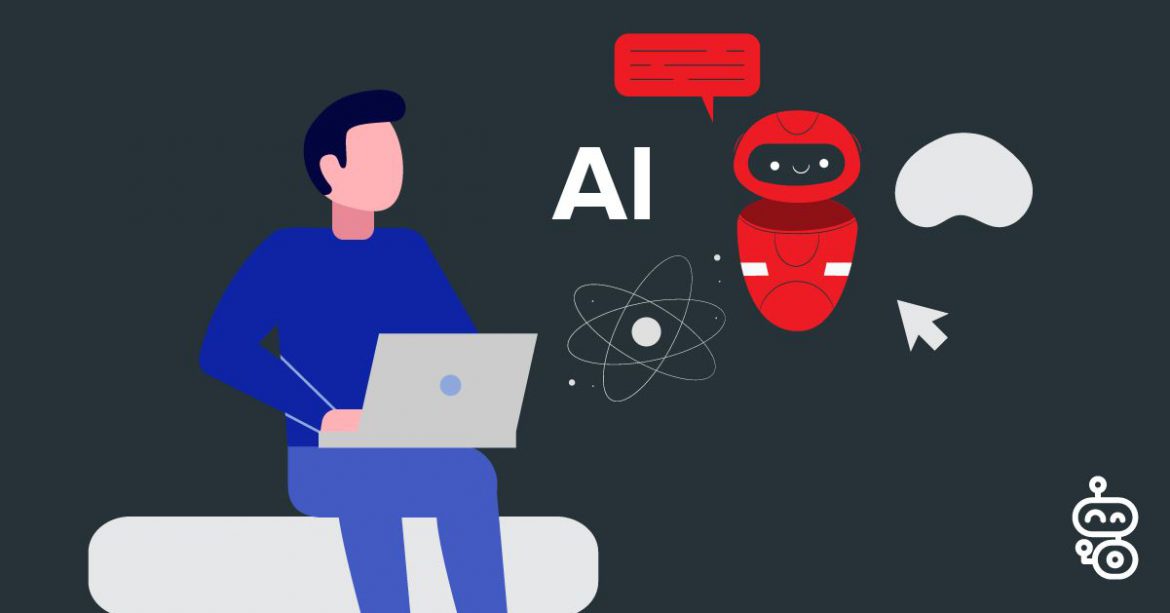How can machine learning technology maximise the success of marketing?
Machine learning is a branch of artificial intelligence that enables machines to learn from data and improve their performance without explicit programming. Machine learning has been transforming various fields and industries, including marketing. Marketing is the process of creating, delivering and communicating value to customers and stakeholders. Marketing success depends on how well marketers can understand, engage and satisfy their customers. Machine learning can help marketers achieve marketing success by providing them with valuable insights, tools and solutions. A study found that approximately 84% of marketing agencies implementing artificial intelligence (AI) and machine learning (ML) projects which 75% of them reported to have improved customer satisfaction by 10%. In this blog post, we will explore some of the ways machine learning can enhance marketing performance and outcomes.
How Can Machine Learning Predict Customer Behaviour?
One of the key challenges in marketing is to predict customer behaviour, such as their preferences, needs, wants, motivations, actions and reactions. Predicting customer behaviour can help marketers design and deliver more effective and personalised marketing campaigns, products and services. Machine learning can help marketers predict customer behaviour by analysing large and complex data sets, such as customer profiles, transactions, interactions, feedback, social media posts, web browsing history and more. A research paper stated that machine learning can help predict customer churn with an accuracy of 62%. Machine learning can use various techniques, such as classification, regression, clustering, association, recommendation and reinforcement learning, to identify patterns, trends, correlations, associations and anomalies in customer data. Machine learning can also generate predictive models, such as decision trees, neural networks, support vector machines and more, to forecast customer behaviour and outcomes.
For example, machine learning can help marketers predict customer churn, which is the rate at which customers stop doing business with a company. Customer churn is important for a business as it indicates the level of customer satisfaction and loyalty, as well as the potential revenue loss and cost of acquiring new customers. Machine learning can help marketers measure and reduce customer churn by identifying the factors that influence customer retention and attrition, such as product quality, service quality, price, convenience, competition, loyalty programs and more. Machine learning can also segment customers based on their churn risk and propensity and recommend the best actions and incentives to retain them.
How Can Machine Learning Achieve Customer Service Satisfaction?
Another key challenge in marketing is to provide excellent customer service, which is the process of ensuring customer satisfaction and loyalty before, during and after a purchase. Customer service satisfaction can affect customer retention, word-of-mouth, reputation and profitability. Machine learning can help marketers achieve customer service satisfaction by automating and enhancing various customer service tasks, such as answering queries, resolving issues, providing information, giving suggestions, collecting feedback and more. Machine learning can use natural language processing, speech recognition, computer vision, sentiment analysis and more, to understand and communicate with customers in a natural and human-like way.
For example, machine learning can help marketers create and deploy chatbots, which are software applications that can converse with customers via text or voice. Chatbots are becoming a popular feature on websites and mobile apps, as they can provide instant and round-the-clock customer service, without requiring human intervention. According to studies, 63% of customers are more likely to return to a site if it offers a live chat feature, as they provide a positive customer service experience. Chatbots can answer common and simple questions, provide product and service information, guide customers through the purchase process, collect customer feedback and more. Chatbots can also escalate complex and sensitive issues to human agents, if needed. Chatbots can improve customer service satisfaction by reducing waiting time, increasing response rate, providing accurate and consistent information, and personalising the conversation.
How Can Machine Learning Segment Customers?
A third key challenge in marketing is to segment customers, which is the process of dividing customers into groups based on their characteristics, behaviours and needs. Segmenting customers can help marketers target and reach customers more effectively and efficiently, as well as tailor their marketing mix, such as product, price, place and promotion, to each segment. Machine learning can help marketers segment customers by using unsupervised learning, which is a type of machine learning that can discover hidden structures and patterns in data without predefined labels or categories. Machine learning can use clustering, which is a technique that can group data points based on their similarity or distance, to segment customers based on various criteria, such as demographics, psychographics, geographics, behavioural and more.
For example, machine learning can help marketers use software tools, such as Affinio, which can analyse customer data from various sources, such as social media, web analytics, surveys and more, to segment customers based on their interests, passions, values, lifestyles and more. Affinion can also visualise the customer segments in a graph, showing the connections and overlaps between them, as well as the key attributes and influencers of each segment. Affinion can help marketers understand their customers better, and create more relevant and engaging marketing campaigns, content and messages for each segment.
In conclusion, Machine learning is a powerful and versatile technology that can help marketers maximise their marketing success. Machine learning can help marketers predict customer behaviour, achieve customer service satisfaction and segment customers, among other benefits. Machine learning can also help marketers overcome some of the challenges and limitations of traditional marketing methods, such as data complexity, scalability, accuracy, speed, creativity and more. Machine learning can enable marketers to create more data-driven, customer-centric and innovative marketing strategies and solutions, and deliver more value and satisfaction to their customers and stakeholders. Machine learning is not a magic bullet, however, and it requires careful planning, implementation and evaluation, as well as ethical and responsible use, to ensure its effectiveness and sustainability. Machine learning is not a substitute for human intelligence, creativity and judgement, but rather a complement and a partner, that can augment and enhance marketing performance and outcomes.


